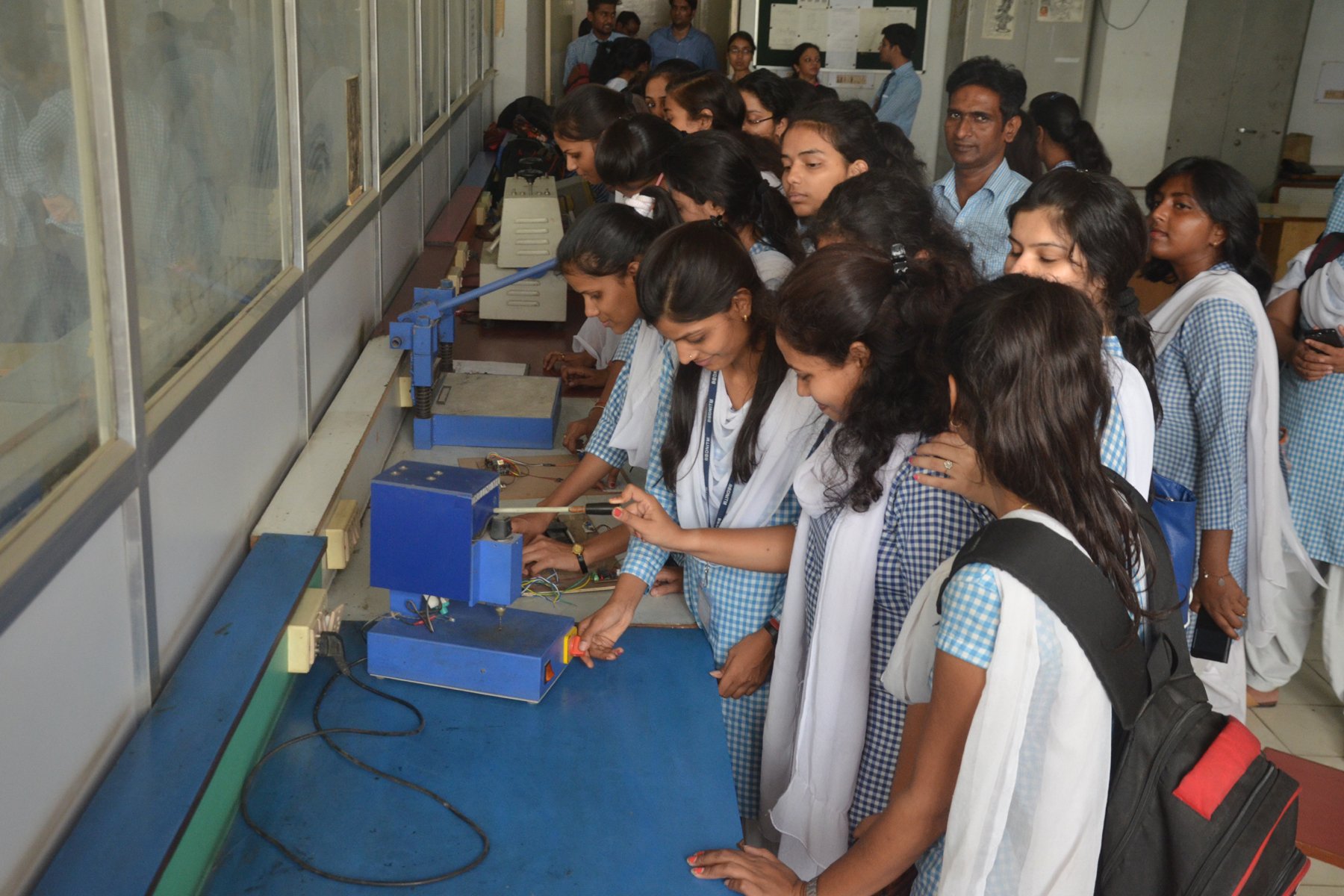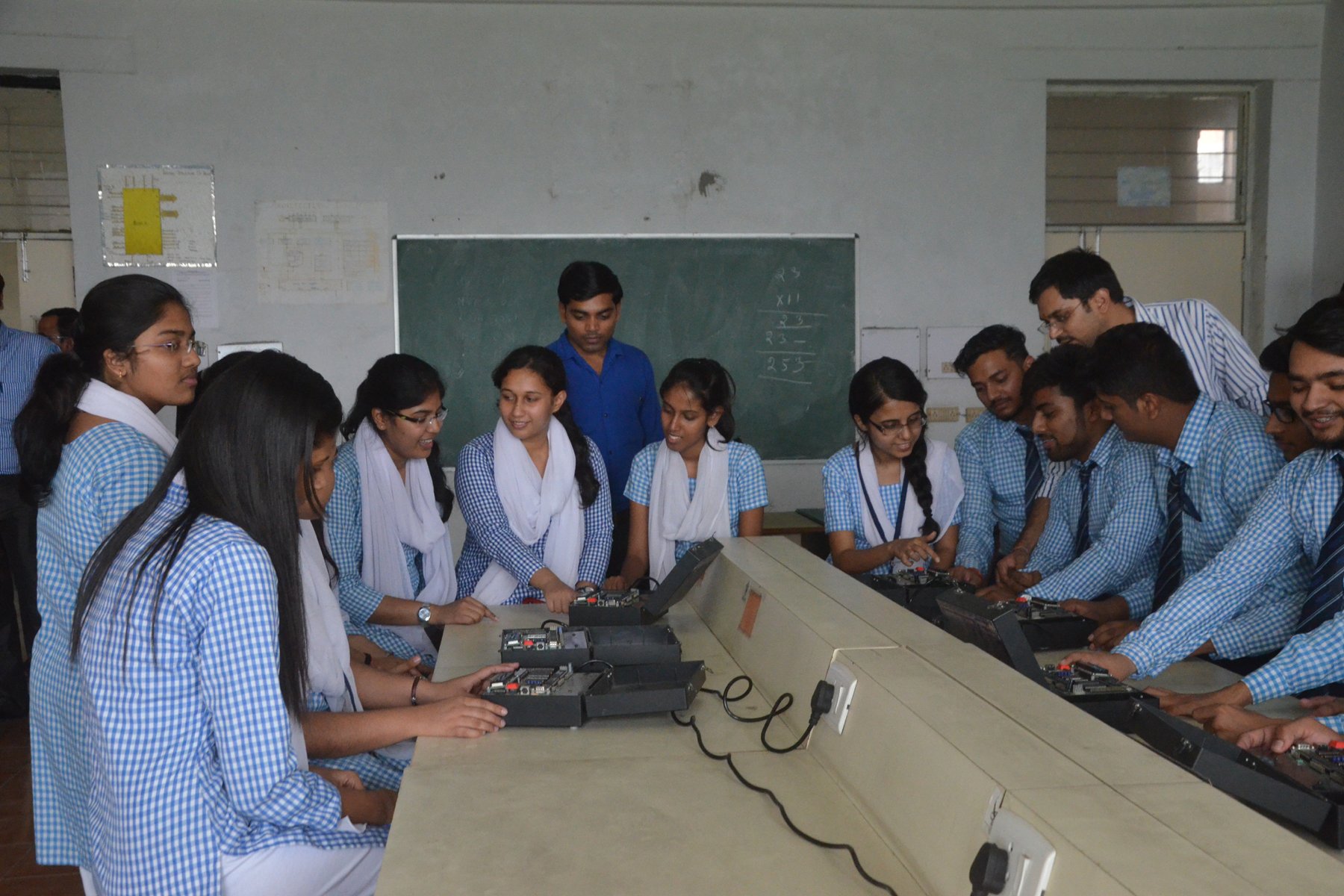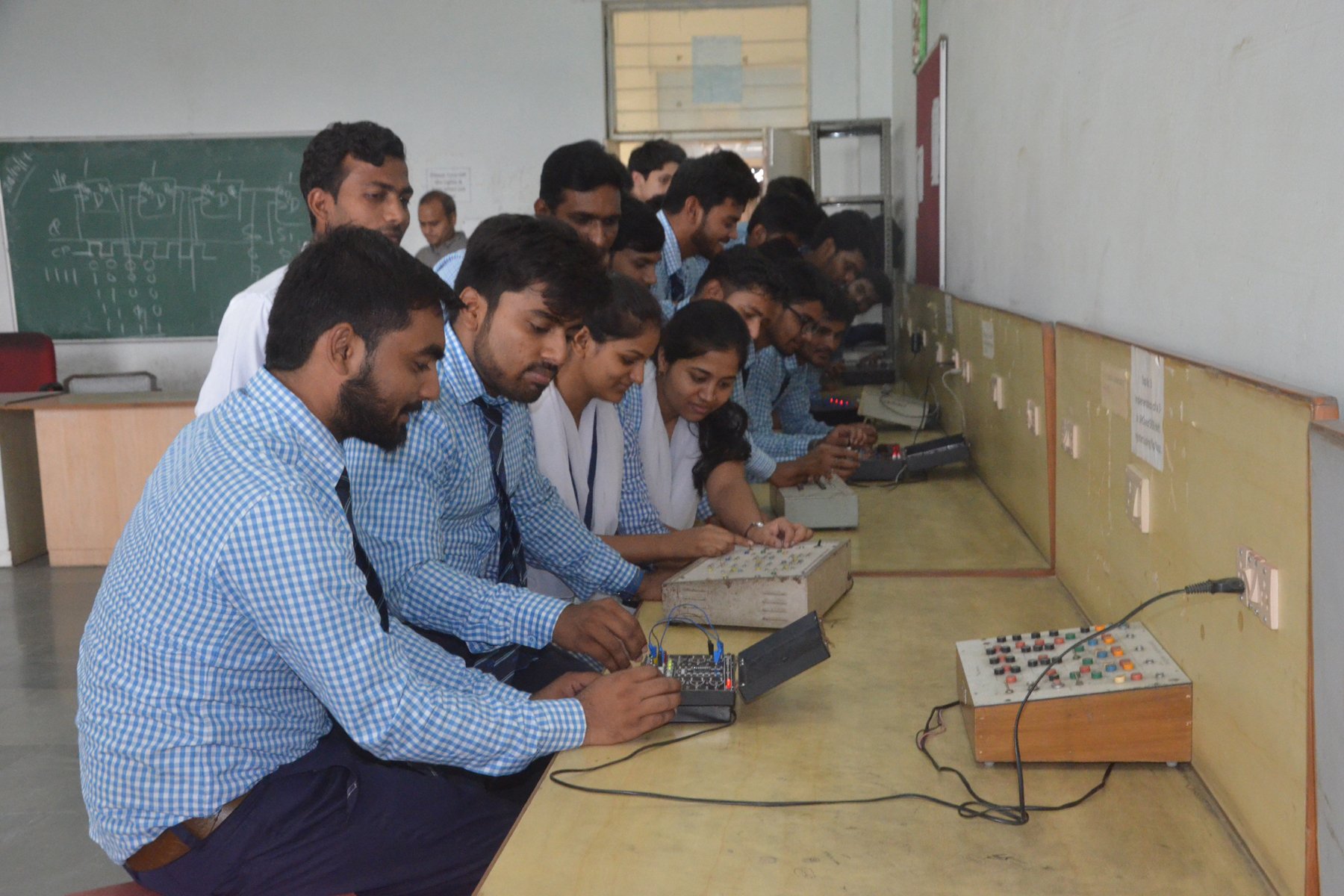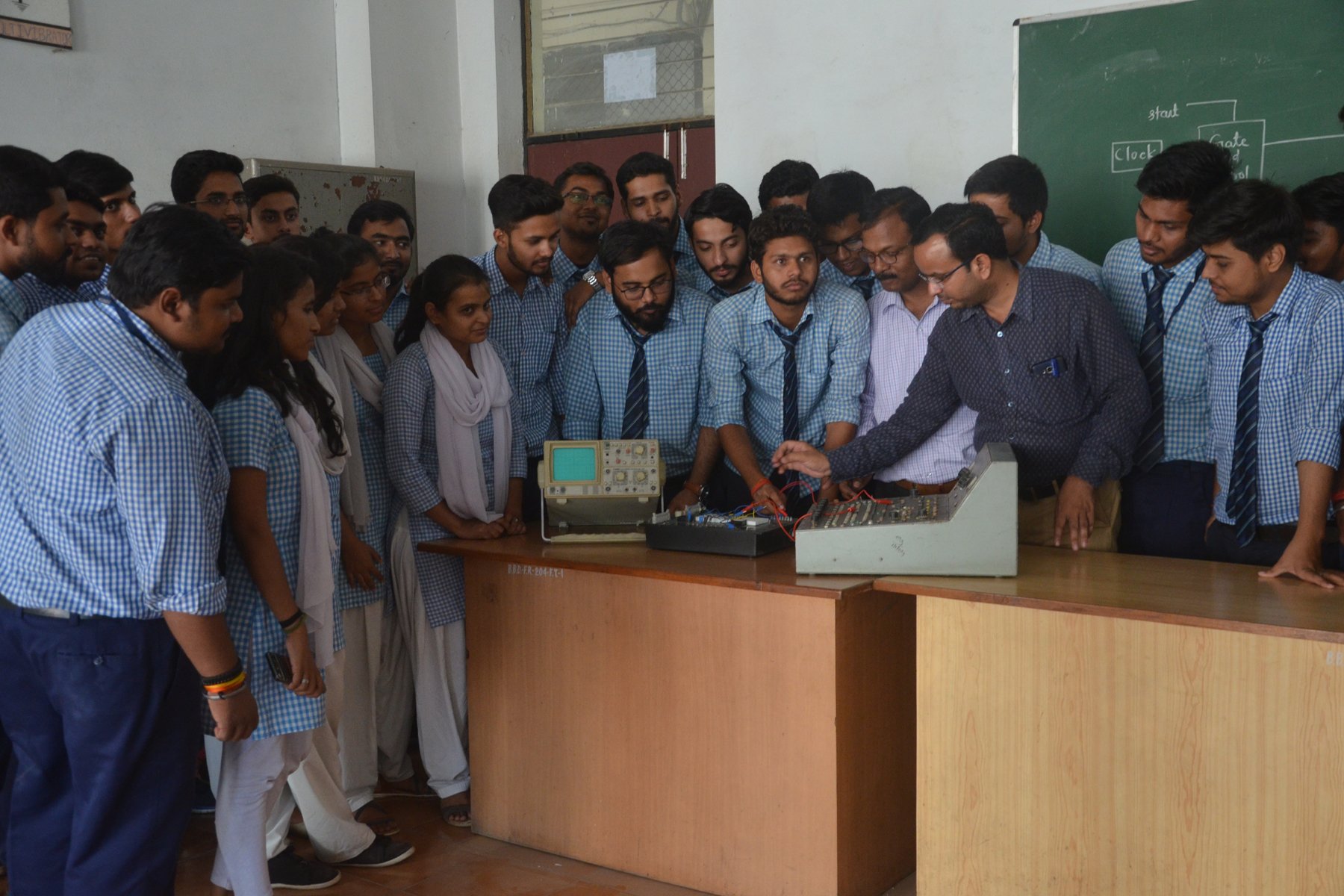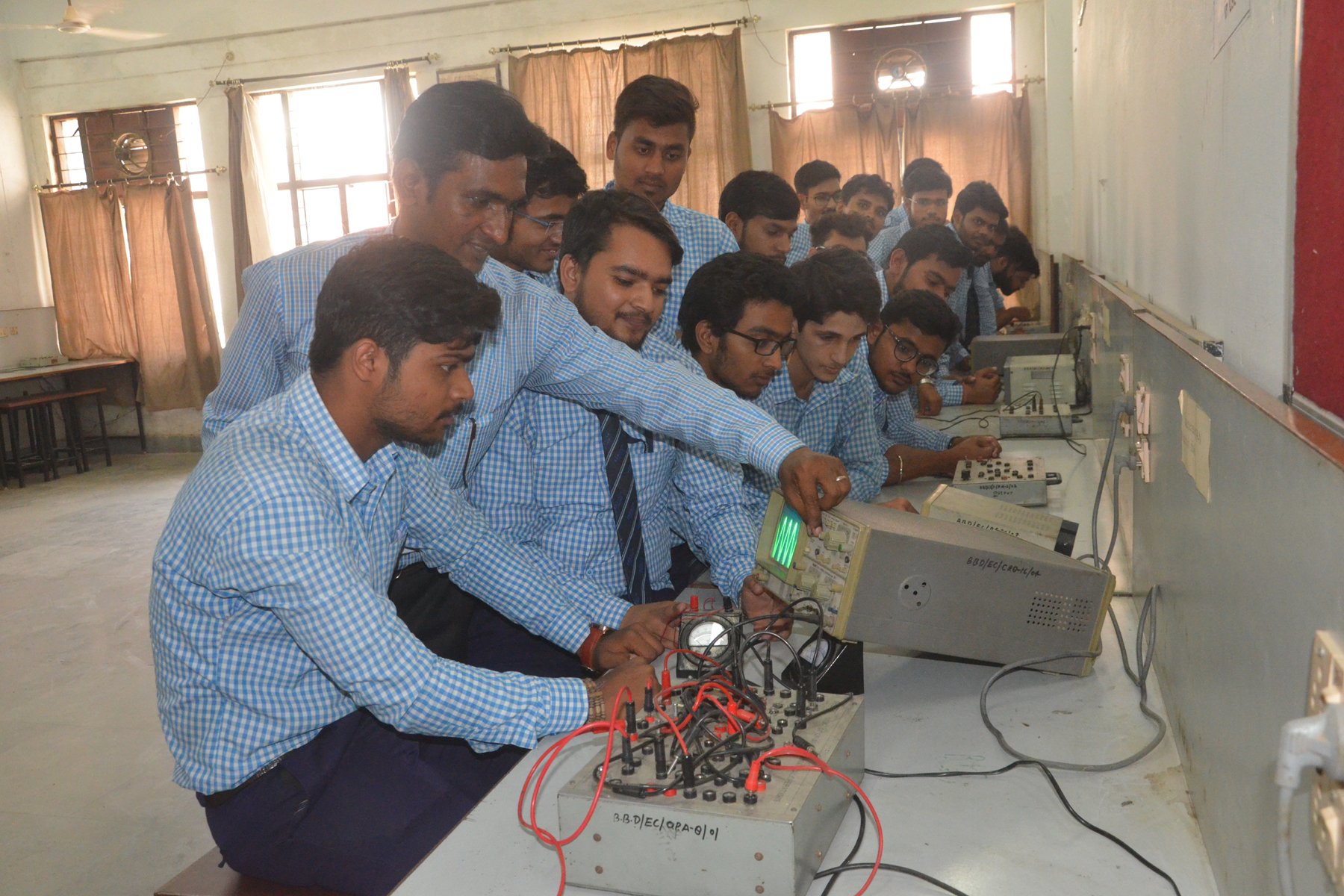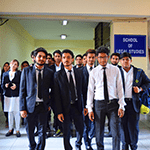PEO, PO, PSO
PEO, PO, PSO
Program Educational Objectives (PEO)
- PEO1: Graduate of the program shall have an academic environment to make him aware of advanced technological growth leading to lifelong learning and up gradation of his skills needed for a successful professional career, leadership qualities and technical excellence for serving the society.
- PEO2 Graduate of the program shall have sound knowledge of the fundamental and advanced concepts of electronics and communication engineering to analyze, design, develop and implement the concepts.
- PEO3 To inculcate in students professional and ethical attitude with a strong character and to uphold the spiritual and cultural values, effective communication skills, team work skills, multidisciplinary approach and to develop an ability to relate engineering issues to broader social context.
Programme Outcomes (POs)
- PO1: Engineering knowledge Apply the knowledge of mathematics, science, engineering fundamentals, and an engineering specialization to the solution of complex engineering problems.
- PO2: Problem analysis Identify, formulate, review research literature, and analyse complex engineering problems reaching substantiated conclusions using first principles of mathematics, natural sciences, and engineering sciences.
- PO3: Design/development of solutions : Design solutions for complex engineering problems and design system components or processes that meet the specified needs with appropriate consideration for the public health and safety, and the cultural, societal, and environmental considerations.
- PO4: Conduct investigations of complex problems Use research-based knowledge and research methods including design of experiments, analysis and interpretation of data, and synthesis of the information to provide valid conclusions.
- PO5: Modern tool usageCreate, select, and apply appropriate techniques, resources, and modern engineering and IT tools including prediction and modelling to complex engineering activities with an understanding of the limitations.
- PO6: The engineer and society Apply reasoning in formed by the contextual knowledge to assess societal, health, safety, legal and cultural issues and the consequent responsibilities relevant to the professional engineering practice.
- PO7: Environment and sustainability Understand the impact of the professional engineering solutions in societal and environmental contexts, and demonstrate the knowledge of, and need for sustainable development.
- PO8: Ethics Apply ethical principles and commit to professional ethics and responsibilities and norms of the engineering practice.
- PO9: Individual and teamwork Function effectively as an individual, and as a member orleader in diverse teams, and in multidisciplinary settings.
- PO10: Communication Communicate effectively on complex engineering activities with the engineering community and with society at large, such as, being able to comprehend and write effective reports and design documentation, make effective presentations, and give and receive clear instructions.
- PO11: Project management and financeDemonstrate knowledge and understanding of the engineering and management principles and apply these to one’s own work, as a member and leader in a team, to manage projects and in multidisciplinary environments.
- PO12: Life-long learningRecognize the need for, and have the preparation and ability to engage in independent and life-long learning in the broadest context of technological change.
Program Specific Outcome (PSO)
- PSO1: In depth theoretical & practical knowledge of modern engineering, Electronic Circuitry & Communication Systems.
- PSO2: Skill development, innovation and research of new approaches in the field of Communication systems.
Quick Links
Apply Now
Error: Contact form not found.








